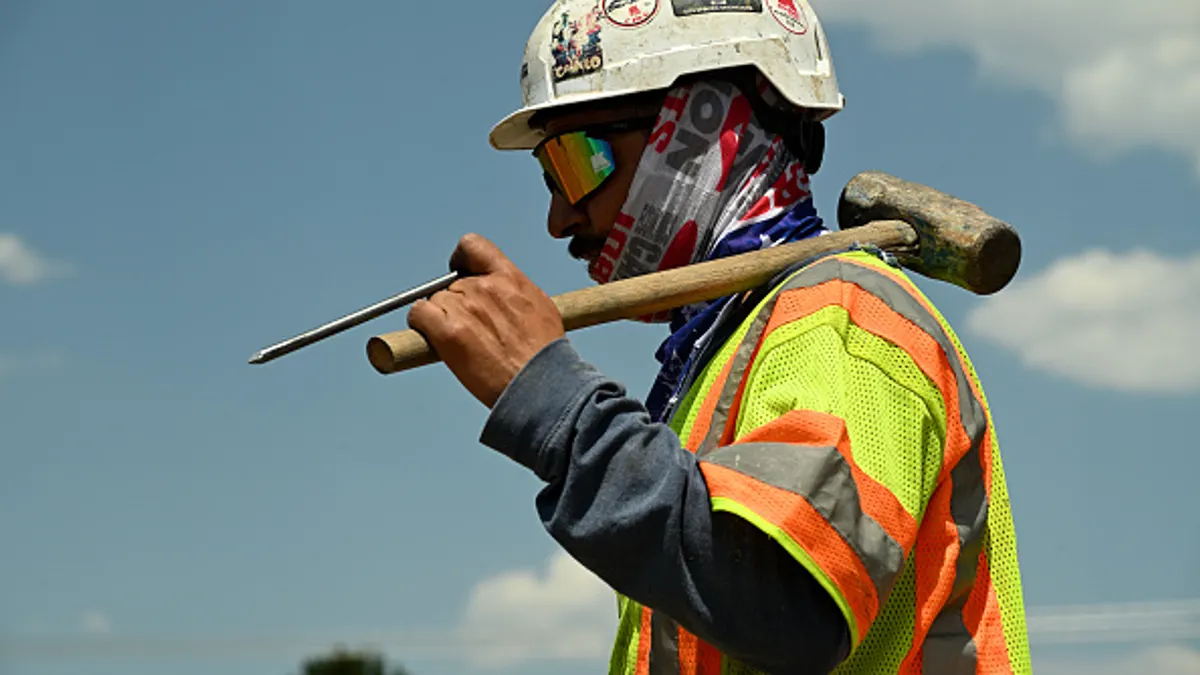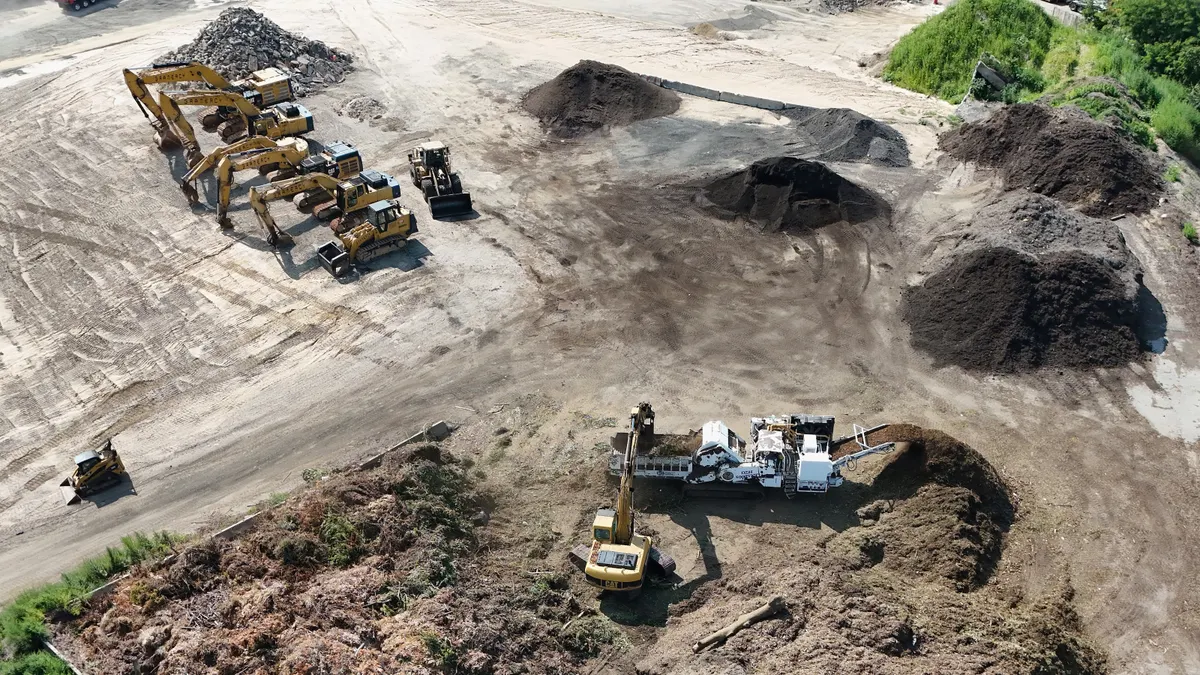Dive Brief:
-
The California State Assembly last week passed a bill requiring general contractors, or direct contractors, to pay the wages of their subcontractors' employees if the subcontractors do not pay them, according to The Sacramento Bee. The measure, which would go into effect in January 2018, waits Gov. Jerry Brown's signature.
-
Despite having to reimburse third-party employees for wages and benefits, plus interest, direct contractors would not have to pay penalties related to subcontractors' nonpayment. Direct contractors can request subcontractors' payroll records to verify they are paying their employees the correct amounts.
-
Union representatives and other employee advocates say the law is necessary to ensure employees are paid for the work they perform, but the construction industry has warned it could increase the cost of building in California, which is in the midst of a housing shortage.
Dive Insight:
The misclassification of employees as independent contractors is a major form of payroll fraud. This means the contractor, be it direct or sub, typically only pays the person who has been incorrectly categorized as independent a flat sum with no overtime, workers' compensation coverage, health insurance or other benefits typically given to full-time employees.
In August 2016, two Massachusetts contractors misclassified hundreds of employees as independent contractors in order to circumvent wage requirements and other overtime benefits. To settle claims by the Department of Labor, the contractors agreed to pay $2.4 million in back wages and $262,900 in civil penalties, including missed overtime pay to 478 workers. Similar circumstances unfolded in Hawaii and Arizona last year, when construction companies were alleged by authorities to have intentionally misclassified employees as independent contractors.
According to a report earlier this year from the nonprofit worker advocacy group Polaris, misclassification of employees contributes to labor exploitation in the U.S. construction industry. The southern U.S. is one of the hotbeds of this kind of activity, according to a separate report from the Workers Defense Project. The Texas-based advocacy group interviewed workers in six cities across five states in the region and found they received little to no employment benefits, with 57% earning less than $15 per hour.













